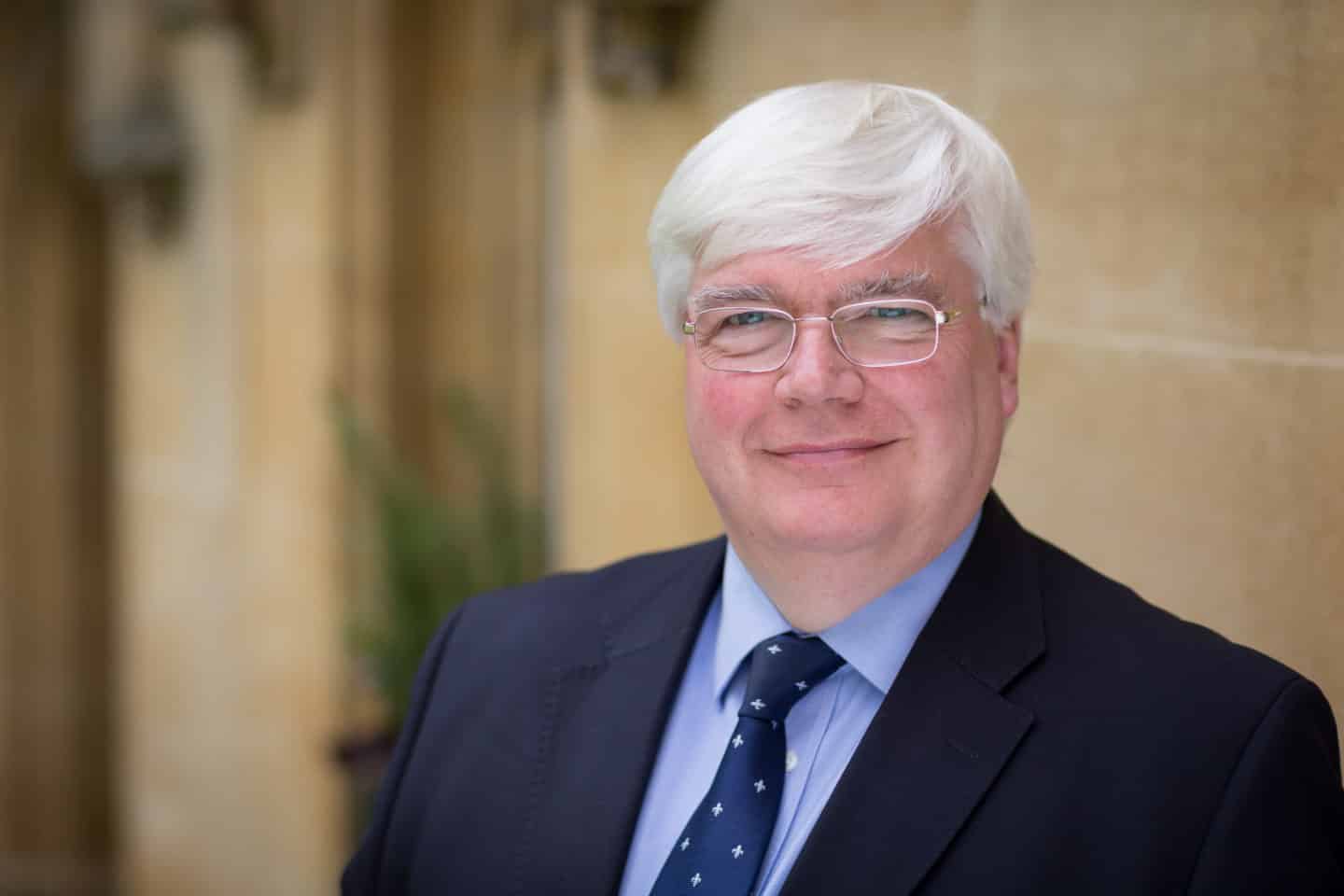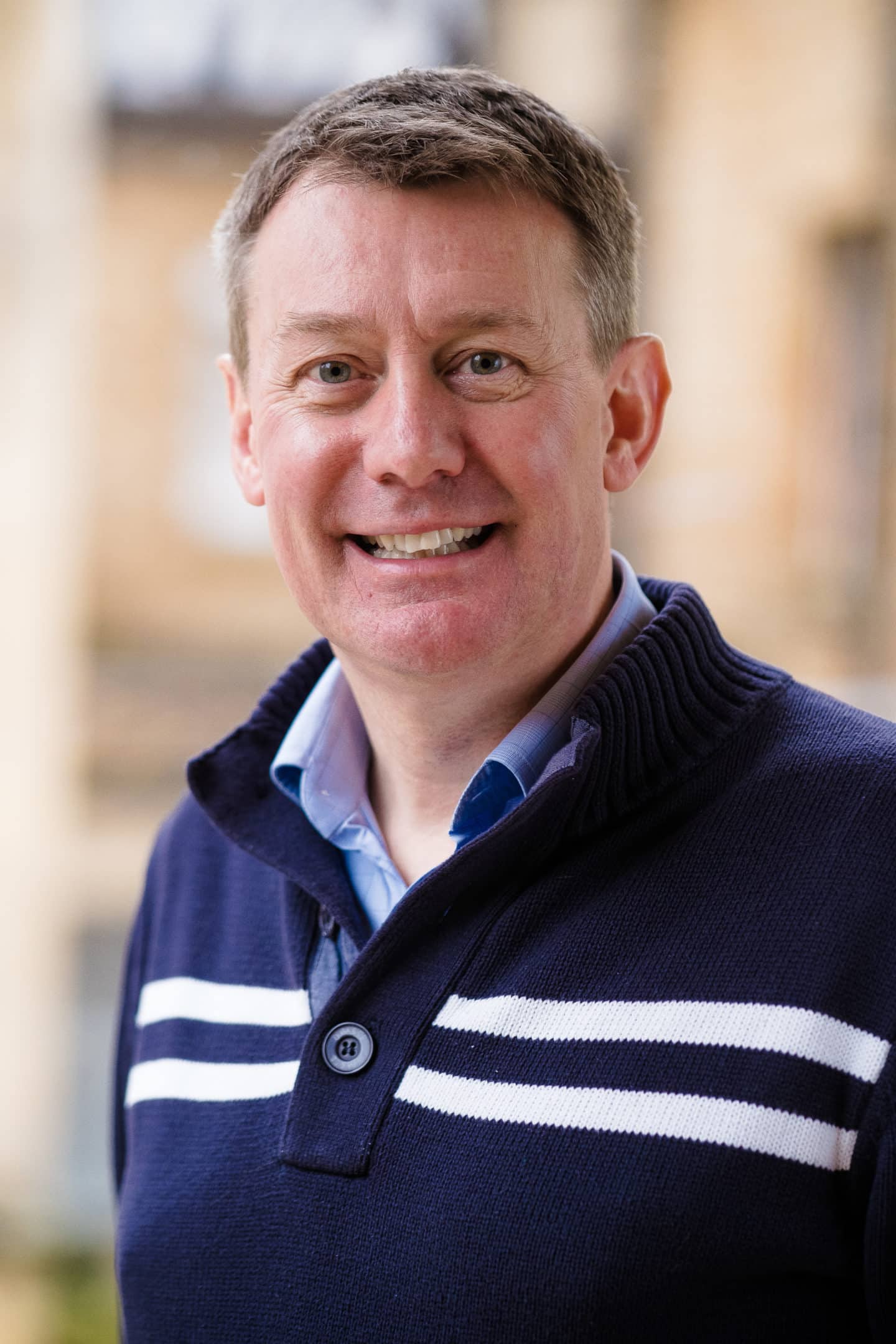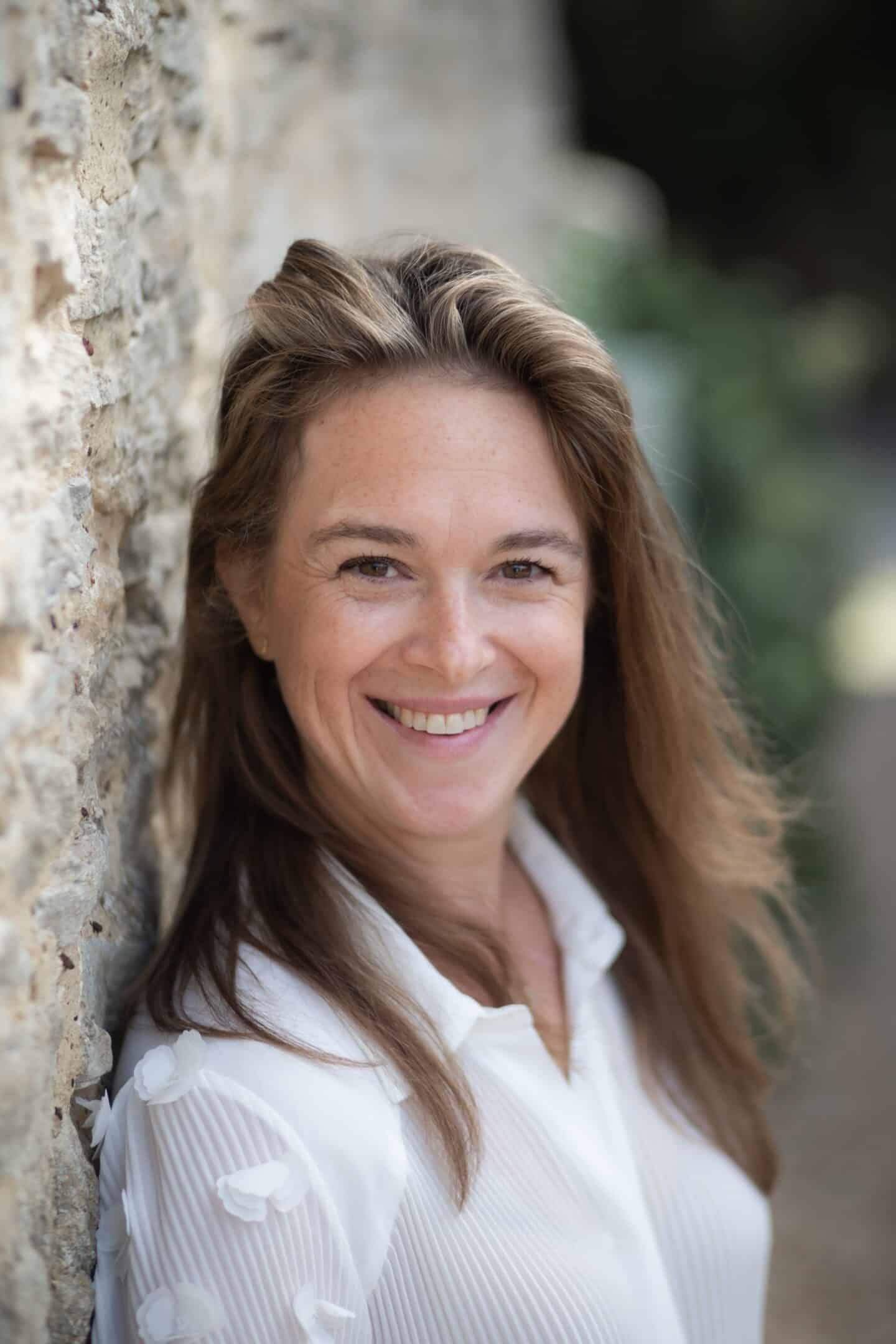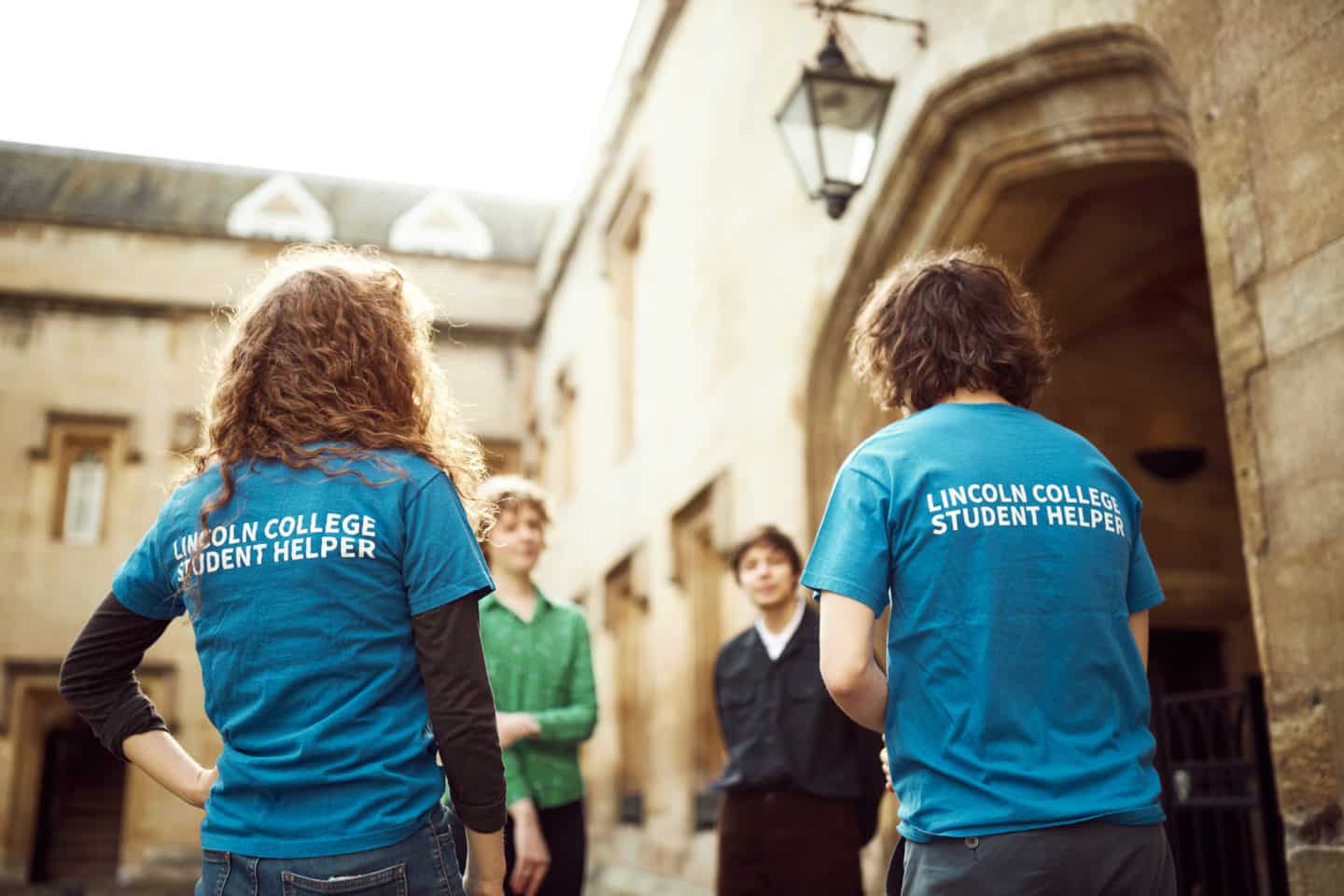
Biomedical Sciences
- Years 3
- Places 3
- Tutors 3
- Ucas Code BC98
- Grades A*AA
Biomedical science focuses on how cells, organs and systems function in the human body; an exciting and dynamic area that is highly relevant to the understanding and treatment of human diseases.
The course
Oxford is a recognised centre for biomedical research, and students will receive tuition from leading experts working within a variety of non-clinical and clinical departments.
The course at Oxford has been designed so that students initially acquire an integrated understanding of biomedical science that allows them to shape their subsequent studies towards the topics that interest them the most. Practical laboratory work forms an integral part of this programme and you will be required to complete these practical elements to a satisfactory standard in order to advance through the course. As the course progresses, increasing emphasis is placed on scientific research. Students choose their own project, and the possible areas for investigation within the University are wide ranging.
Students can elect to graduate after three years with a BA degree or they can undertake a research-intensive fourth year that leads to the award of a Master’s degree.
Find out more here.
Why study Biomedical Sciences at Lincoln?
While the number of biomedical students at Lincoln is relatively small (currently 8), the biomedical, biochemical, and medical community as a whole is large, with the addition of many biomedical graduate students. This offers a great opportunity to interact with other like-minded individuals as part of Lincoln’s dynamic life sciences hub.
Lincoln’s biomedical science tutors are themselves biomedical researchers, each directing research teams in their respective departments. Please see their profiles below for more information about their research.
Admissions
Tutors look for lively, receptive minds with the ability to evaluate evidence critically. You should be able to consider issues from different perspectives and have a capacity for logical and creative thinking. Applicants to this subject must sit an admissions test. For more information, please visit the central Oxford University site here. More information about admissions can be found here.
Find out how to apply here.
Meet the Tutors

Professor David Vaux
Tutorial Fellow in Medicine

Professor Nigel Emptage
Nuffield Research Fellow



